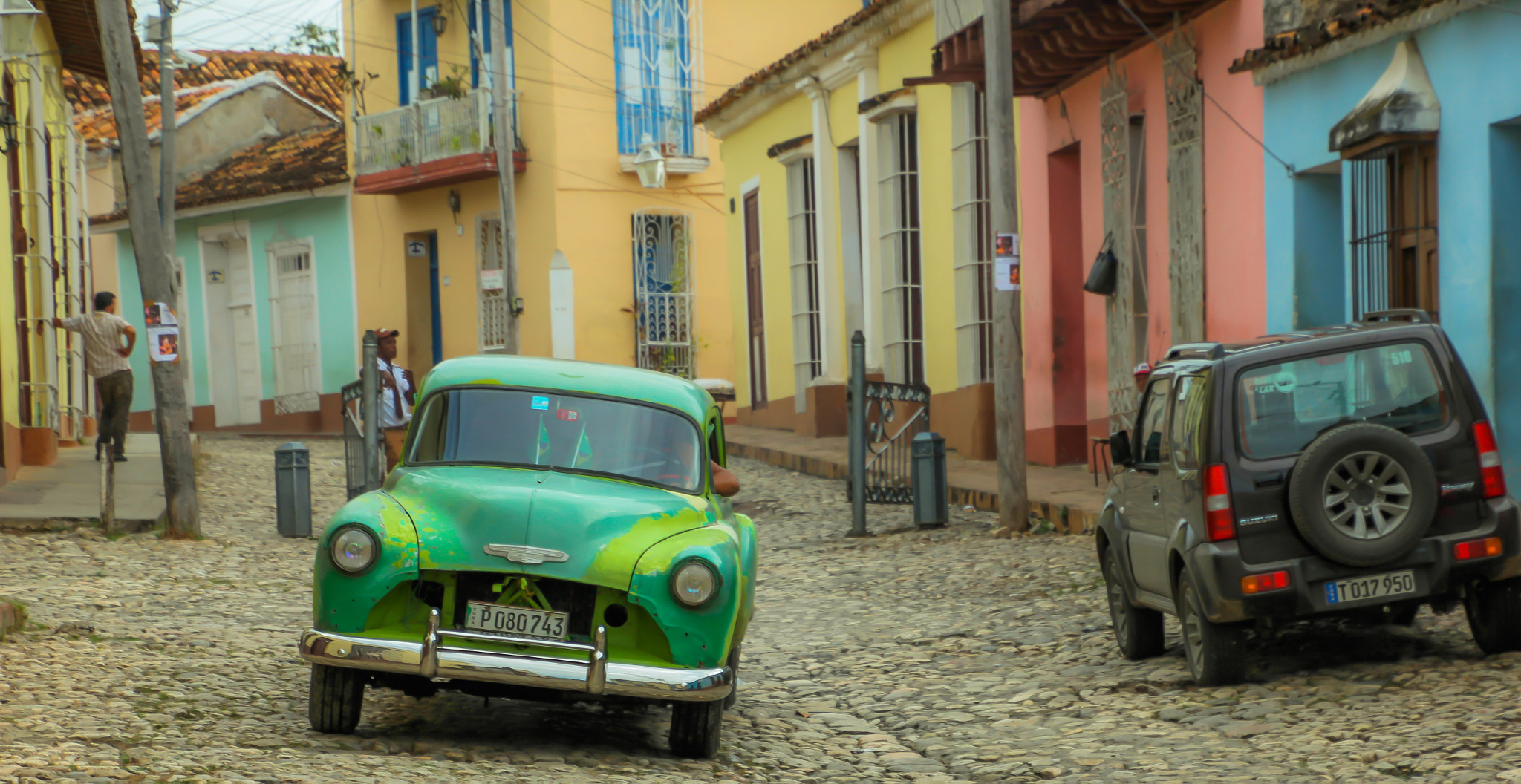An editorial in The Daily Picayune of New Orleans spoke of "almost unanimous demand on the party of White people of the State for the enactment of the law" which would "increase the comfort for the traveling public". Following Reconstruction and the withdrawal of federal troops from the South, the Democratic Party came back to power. Race and Schooling in the South, 1880-1950: An Economic History. The incident delayed the start of the race by over 30 minutes from its scheduled start time of 3:50pm local time. On June 7, 1892 Plessy purchased a first-class ticket to take him from New Orleans to Covington on the East Louisiana Railroad, this time both destinations being within the state. The first case the committee decided to test was Daniel Desdunes, son of Citizens Committee co-founder Rodolphe Desdunes, in 1892. On February 24, Desdunes bought a first-class ticket and boarded a designated White car on the Louisiana and Nashville Railroad from New Orleans to Montgomery, Alabama. Legislators proposed the Separate Car Bill which segregated Blacks from Whites in separate but equal conditions on train cars. The Reconstruction period and its subsequent end led to a discussion among both Blacks and Whites in the South on how to interpret "equal rights" and the new Reconstruction Amendments.

While the cable cars are used to a certain extent by commuters, the vast majority of the millions of passengers who use the system every year are tourists, and as a result, the wait to get on can often reach two hours or more. Each wishbone, which has two mounting positions to the frame and one at the wheel, bears a shock absorber and a coil spring to absorb vibrations. Later, the line was operated by the former Elgin Road grip tram, DCCT No 106. When this car was being overhauled, it would be replaced by 'convertible' grip tram No 105, which was used as a spare car on the Mornington and Maryhill lines as its grip could be set at two different heights to allow it to run on either line. Louisiana State Legislature in 1890 which required "equal, but separate" train car accommodations for Black and White passengers within the state. The law did not go uncontested through the legislature. Paul Trevigne, a Louisianan African American, said the law was not practical. New Orleans set up the Citizens Committee to Test the Constitutionality of the Separate Car Act in order to challenge the constitutionality of the law.
The San Francisco cable car system is the world's last manually operated cable car system and an icon of the city of San Francisco. This gripping and releasing action may be manual, as was the case in all early cable car systems, or automatic, as is the case in some recent cable operated people mover type systems. Larger vehicles often use air brakes and the pressure may be used to drive other systems. The data is sent with an error correction code, but receivers may choose to use it only for error detection without correction. In the UK, police cars use blue lights with additional white lights at the front and red lights at the rear to help other road users determine direction of travel. Cars in the US only have red tail lights, and no blue lights; a vehicle displaying a red (forward-facing) light (flashing or not) coming towards a driver, or from behind the driver (in rearview mirror) indicates that an official emergency vehicle is coming, requiring the driver to yield, pull off to the side of the road, or otherwise get out of its way. The system forms part of the intermodal urban transport network operated by the San Francisco Municipal Railway, which also includes the separate E Embarcadero and F Market & Wharves heritage streetcar lines, and the Muni Metro modern light rail system.
Comments
Post a Comment